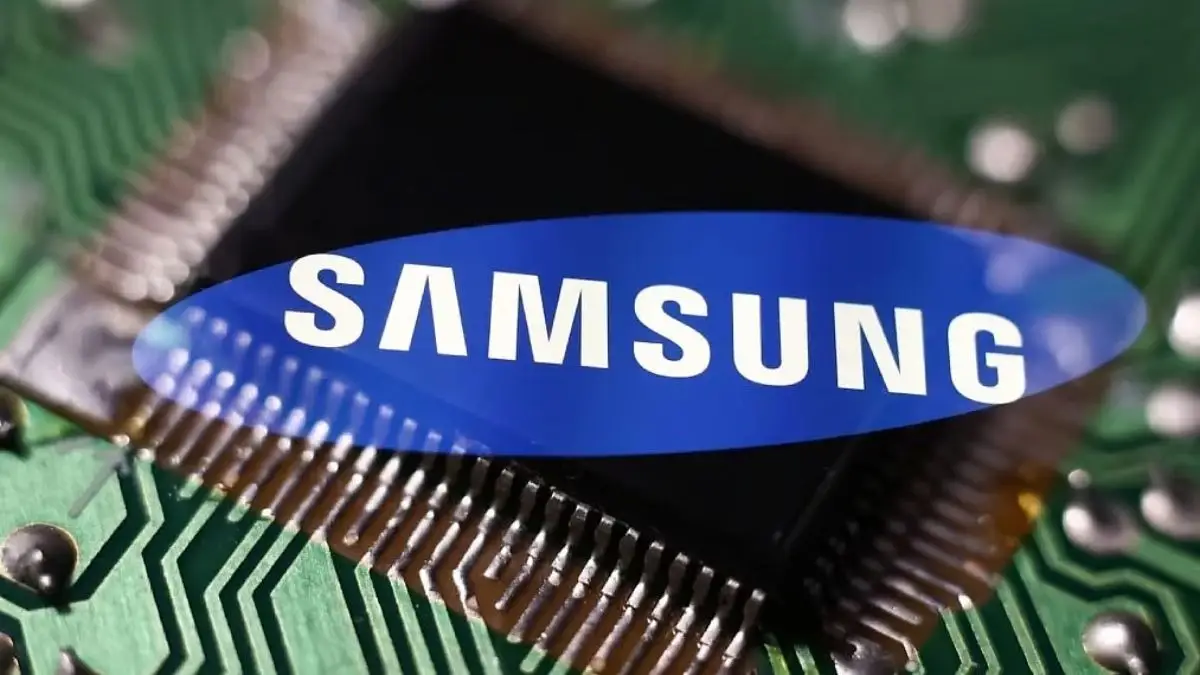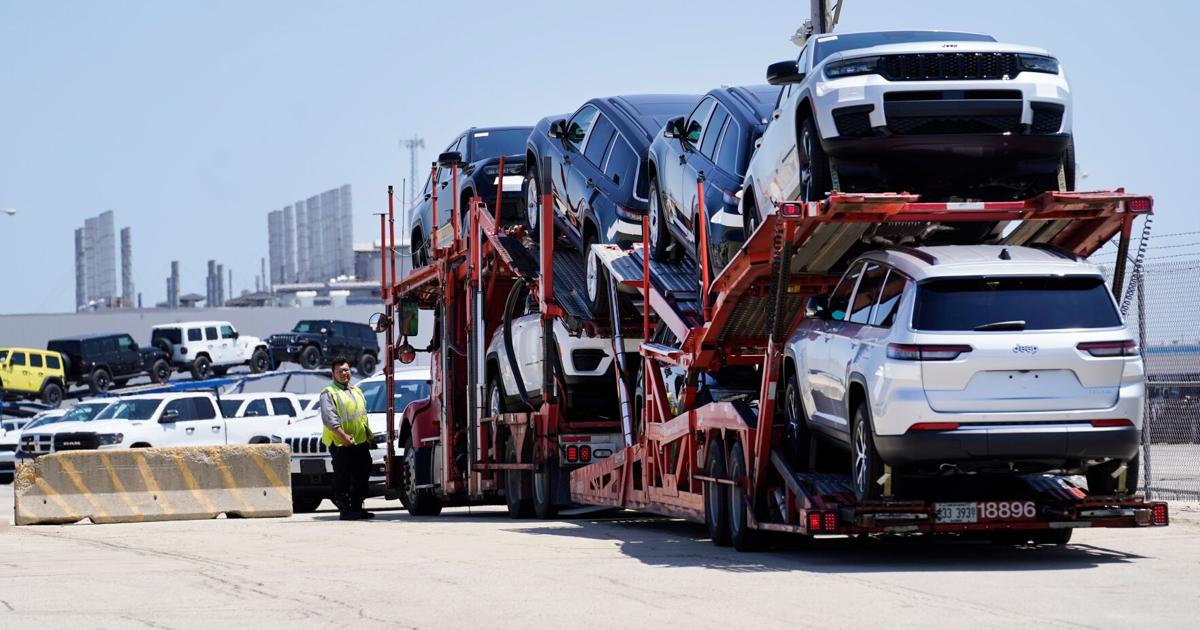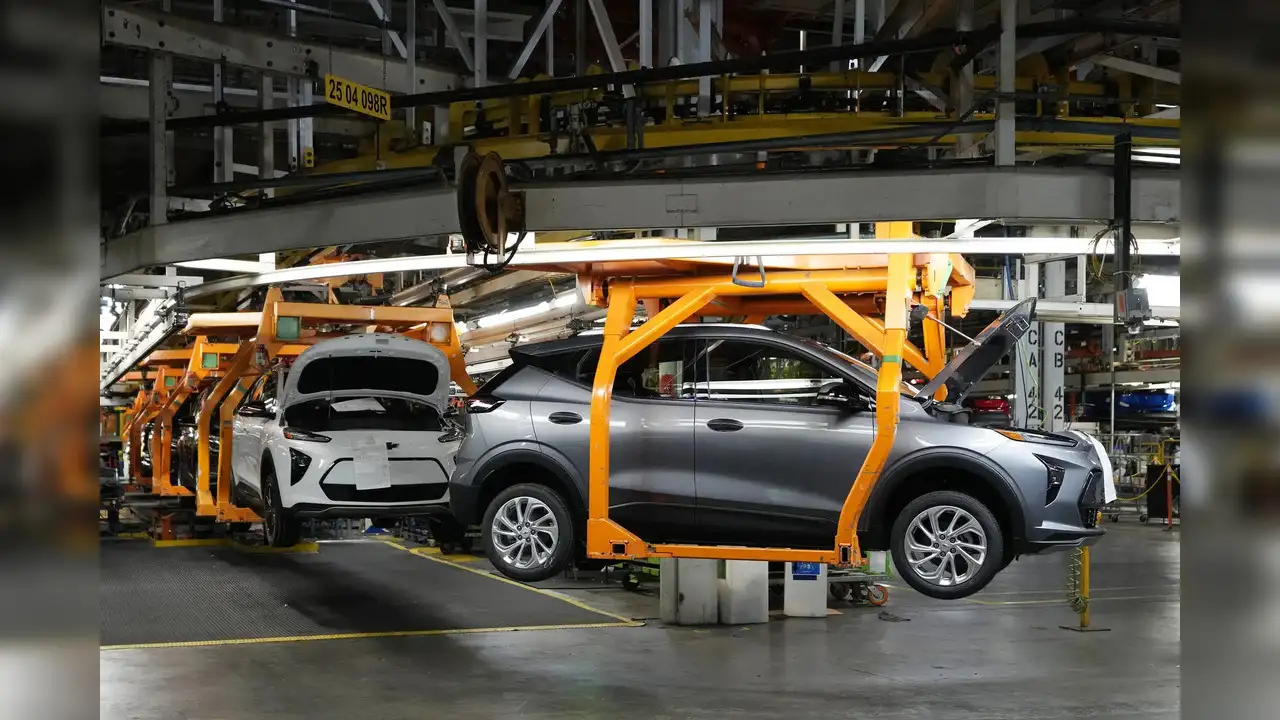Copyright republicworld

Samsung SDI is reportedly on the verge of sealing a major supply deal with Tesla worth about 3 trillion won (USD 2.1 billion), marking another milestone in the growing collaboration between the American electric vehicle giant and South Korean battery makers. The potential agreement underscores Tesla’s increasing shift toward Korean partners as the United States looks to reduce dependence on Chinese battery supply chains, according to a Korea Herald report.Sources cited in the report stated that Tesla executives from its Energy Storage Systems (ESS) division visited South Korea last week to finalize discussions with Samsung SDI. The companies are said to be closing in on a multi-year contract to supply around 10 gigawatt-hours (GWh) of lithium iron phosphate (LFP) battery cells annually, starting as early as 2026. The deal could bring in between 1 trillion and 1.5 trillion won in yearly revenue for Samsung SDI.As per the report, the battery cells are expected to be manufactured at Samsung SDI’s joint venture facility with Stellantis in Indiana, US, which will reportedly convert part of its existing EV battery capacity to focus on ESS production. These cells are likely destined for Tesla’s Megapack assembly lines in California, where they’ll be integrated into the company’s large-scale energy storage systems.Industry experts quoted in the report noted that the potential deal could significantly improve Samsung SDI’s performance following recent financial headwinds. The company posted a 22.5% year-on-year revenue decline in Q3, with sales falling to 3.5 trillion won and recording an operating loss of 591.3 billion won. A long-term contract with Tesla, they say, would provide much-needed stability and position Samsung SDI more firmly in the expanding ESS market.Also Read: Elon Musk $1 Trillion Pay Package: No Salary, Cash or Bonus! Here's How Tesla CEO Will Get Largest Corporate Pay | Republic World“Securing Tesla as a client would be a breakthrough moment for Samsung SDI,” said Lee Ho-geun, a professor of automotive engineering at Daeduk University. “It will not only boost credibility but also help strengthen the company’s complete ESS portfolio, including solutions like the Samsung Battery Box for the US market.”Samsung SDI’s domestic rival, LG Energy Solution (LGES), has already signed a deal with Tesla to supply 20 GWh of LFP ESS cells per year, with ongoing discussions to expand that volume by 50% to 30 GWh. If both supply arrangements proceed, the combined contribution from Korean firms could total around 40 GWh annually for Tesla’s energy storage needs.The report further noted that Samsung SDI’s Indiana plant is currently underutilized, operating at less than 50% capacity due to a slowdown in the US EV market. Winning Tesla’s business could help maximize output from the joint facility, particularly as the demand for ESS systems accelerates globally.Meanwhile, Tesla’s CEO Elon Musk recently commented on X (formerly Twitter) that the company’s next-generation AI5 and AI6 chips would be produced at both TSMC and Samsung, with high-volume production targeted for 2027. While unrelated to the battery deal, the comment reflects Tesla’s growing reliance on Samsung for advanced technology components.Tesla’s pivot to Korean suppliers comes as part of a wider effort to diversify its sourcing away from China’s CATL, which has been its main provider of cost-efficient ESS batteries. Tesla’s Nevada plant, which uses CATL technology, currently delivers about 10 GWh annually — a small fraction of its target to scale ESS capacity to 100 GWh within the next three years.With new US tariffs and incentives under the Inflation Reduction Act, Korean-made LFP cells could soon reach cost parity or even become cheaper than Chinese alternatives, further strengthening the case for Samsung SDI and LG Energy Solution as key players in Tesla’s long-term energy strategy.



